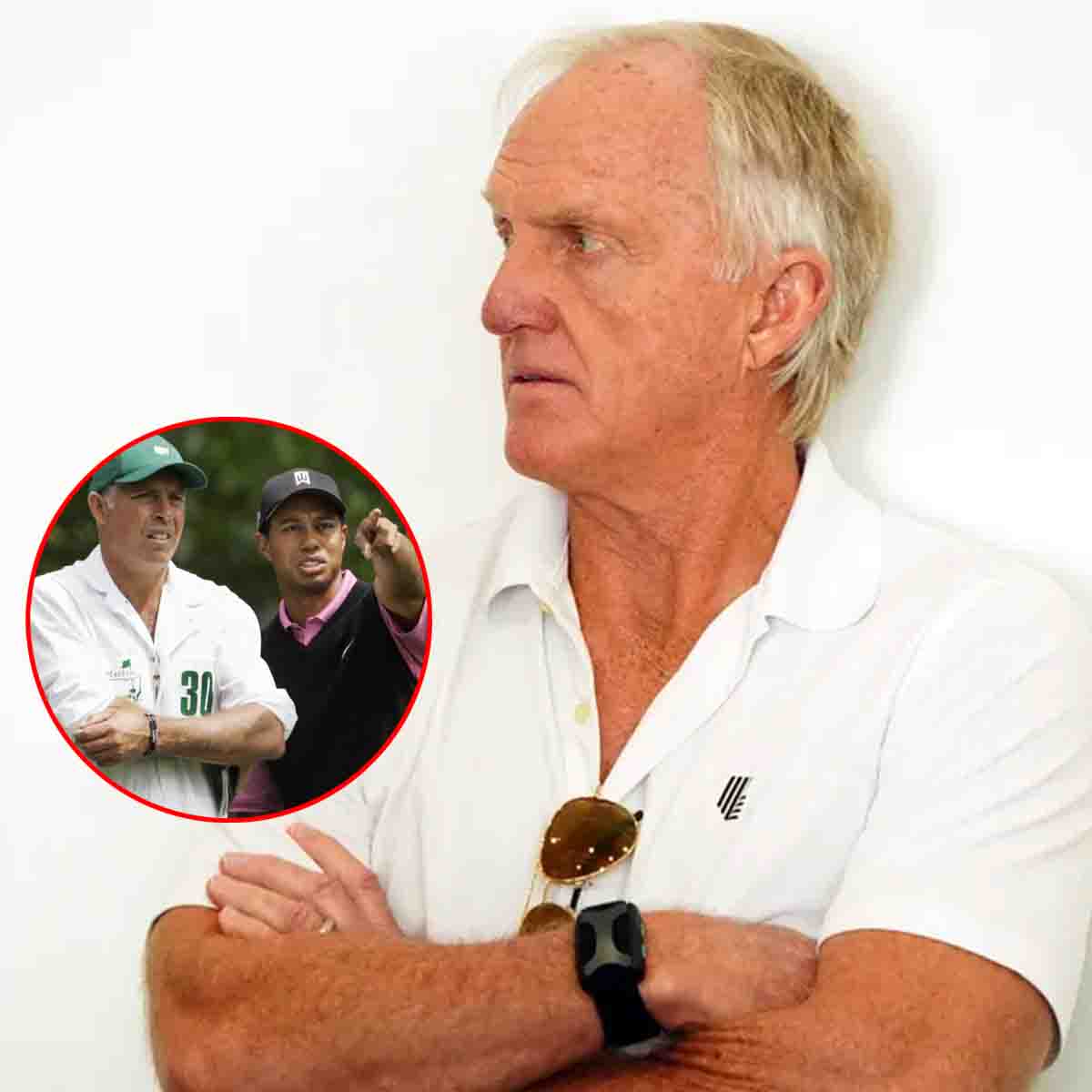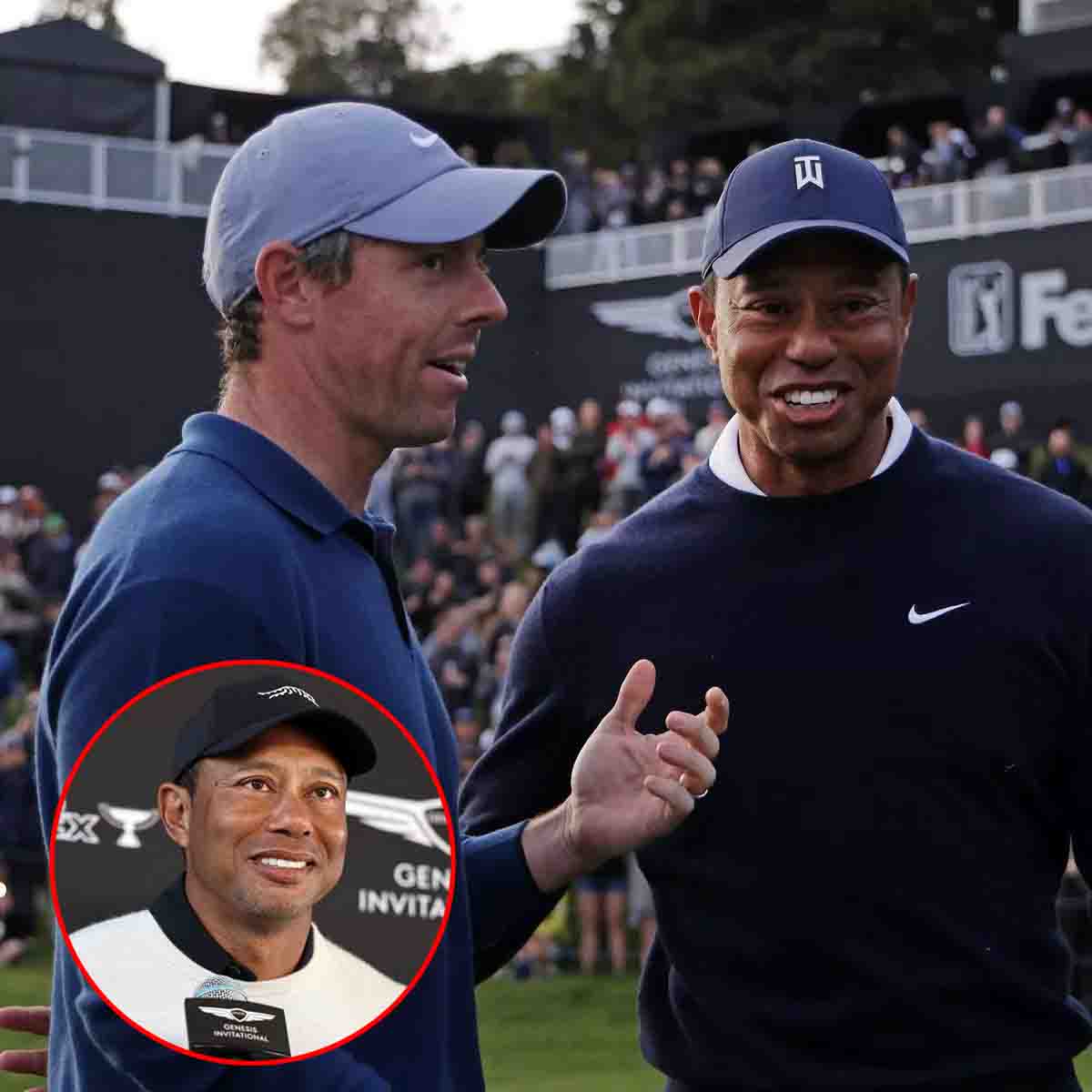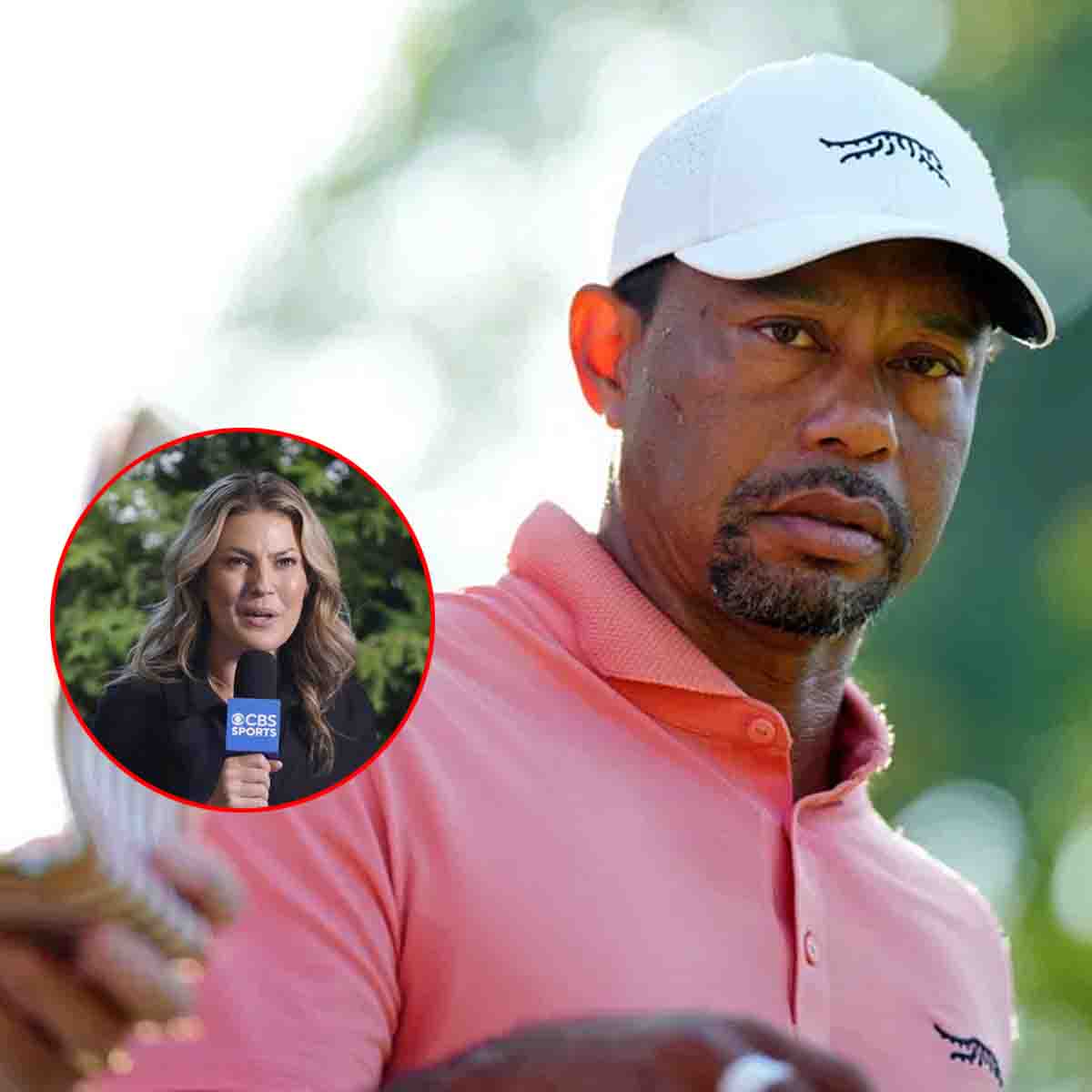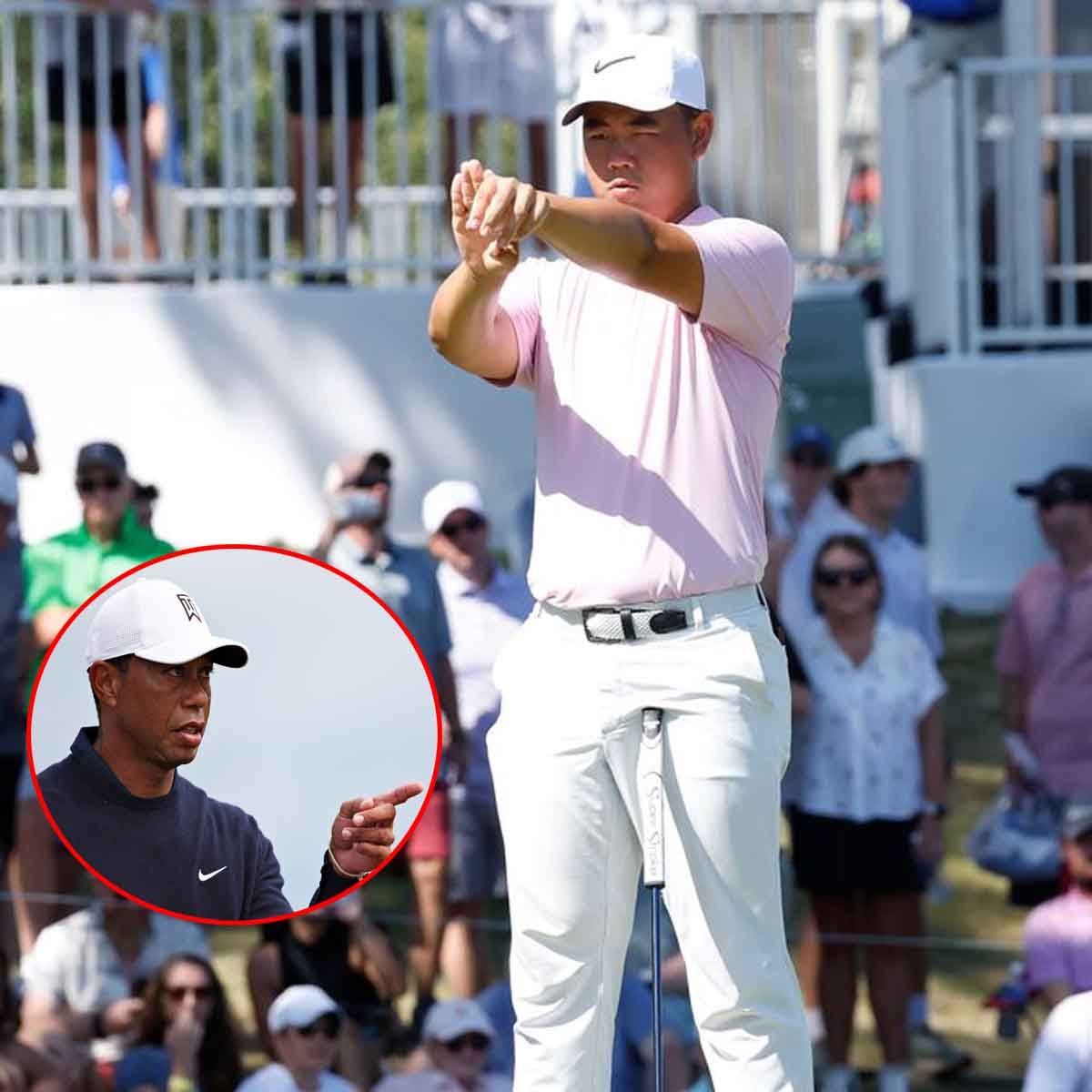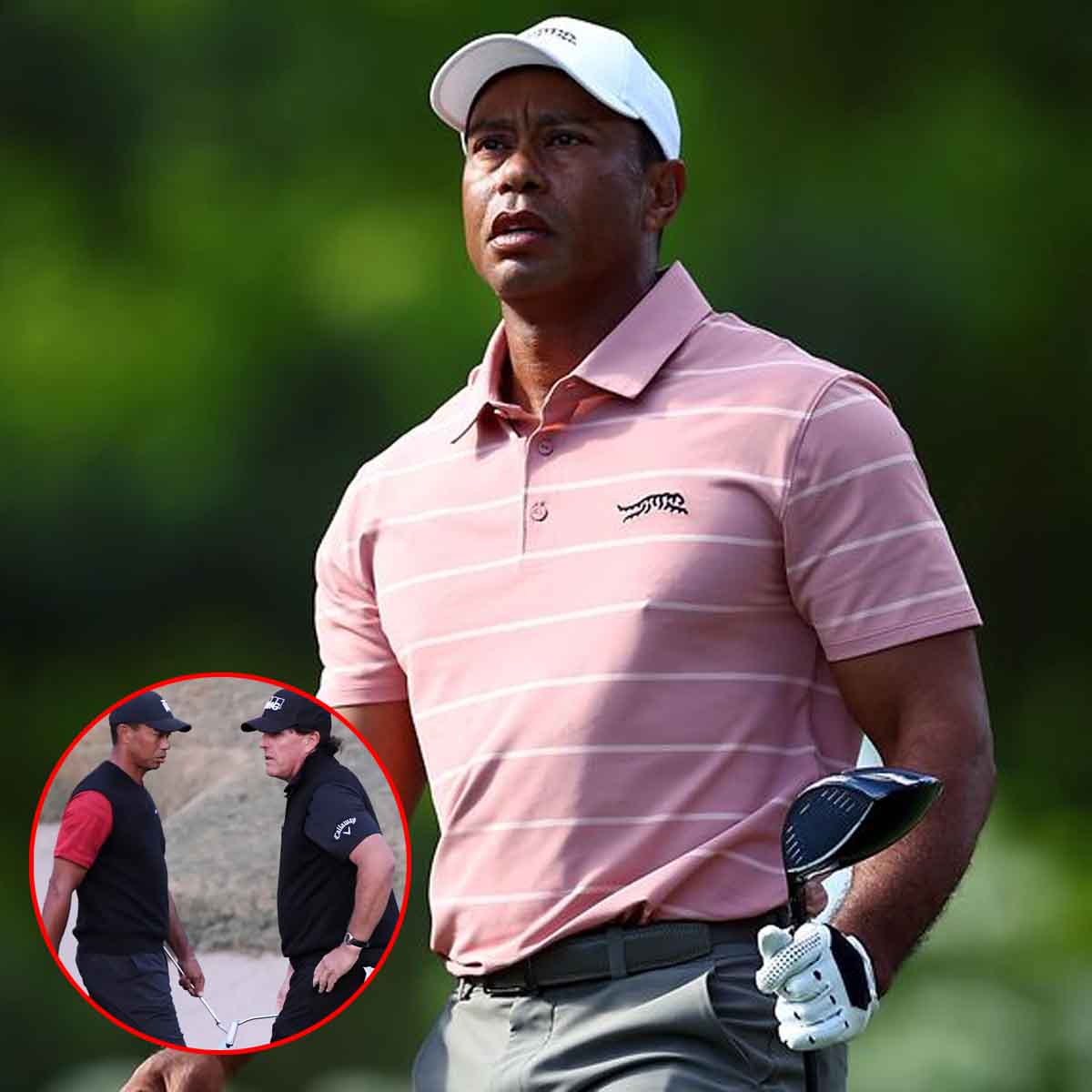The battle over LeBron James’ tattoos has been ongoing since 2017 — and longer with other tattoo artists
/cdn.vox-cdn.com/uploads/chorus_image/image/73282507/2148625708.0.jpg)
A jury voted unanimously on Friday in favor of Take-Two Interactive Software and rejected tattoo artist Jimmy Hayden’s claims that the video game maker violated copyrights when recreating Los Angeles Lakers supersatar LeBron James in its NBA 2K series. After a week in Ohio court, the jury determined Take-Two has an implied license to recreate James’ tattoos, something that was extended to the game maker from James’ agreement with the company.
Hayden first sued Take-Two in 2017 over the use of several tattoos he made for James that were reproduced in NBA 2K games from 2016 to 2020.
Take-Two attorney Dale Cendali said the company is “gratified” for the verdict. She continued: “The decision is an important decision for the entertainment industry. It is also an important decision for anyone who has ever gotten a tattoo and might have otherwise worried about their freedom to share their bodies with their tattoos. And it is a good development for tattoo artists as a contrary verdict could have discouraged people from getting tattoos at a time when the art form is flourishing.” Hayden’s lawyers have not responded to Polygon’s request for comment.
Hayden was originally suing over six tattoos he created for James, but U.S. District Judge Christopher Boyko ruled against the artist in early 2024, saying Hayden could only sue over two of those six tattoos: a tattoo of stars, and another of James’ mother’s name, Gloria.
The jury trial began Monday with opening arguments, where Hayden’s attorney Todd Tucker said Take-Two “painstakingly copied” Hayden’s work for the game, according to local news outlet Cleveland.com. Alongside opening arguments, jurors watched clips of NBA 2K games featuring James. James did not appear in court, but Take-Two’s lawyers intended to play his recorded deposition for the jury. Take-Two also called on game designer and Play Anything author Ian Bogost as a witness, according to court documents.
:no_upscale()/cdn.vox-cdn.com/uploads/chorus_asset/file/25402659/sc72ej.jpg)
Tucker told jurors that Hayden has been compensated for the use of his tattoos — even on James — by other companies, like Warner Bros. with Space Jam 2. He got $1,500 for that use, Tucker said.
For Take-Two, attorney Dale Cendali said that Hayden got paid only after filing the lawsuit, and that James’ tattoos are a very small part of NBA 2K. Cendali said James licensed his own likeness to Take-Two through the NBA Players Association — a ruling in Hayden’s favor would mean James would have to ask Hayden permission to license his very own being, as reported by Cleveland.com.
“Take-Two didn’t need permission because Mr. James already gave Take-Two permission,” Cendali said. “That’s exactly what this case is about. The whole point is Mr. James’ ability to license his likeness. This case affects Mr. James much more than Take-Two.”
The issue at stake is whether a tattoo artist can copyright art they’ve given an “implied license” — i.e., putting something permanently on someone’s body. Sure, a sketch or design may be able to be copyrighted, but once it’s on another person, whose is it? For Hayden’s side, it’s a trademark issue, but Take-Two says a win in Hayden’s favor makes this a serious issue of ownership of licensing one’s likeness. It’s an issue that video game companies and tattoo artists have been litigating for years — and there’s still no real legal consensus.
This isn’t the first time a video game company has been sued over an athlete’s tattoos — not even the first time for Take-Two. A company called Solid Oak Sketches sued Take-Two in 2016 over James’ tattoos, as well as tattoos on Kobe Bryant, DeAndre Jordan, Eric Bledsoe, and Kenyon Martin. Solid Oak Sketches said it had licensing agreements for the tattoos. Take-Two won that lawsuit in 2020 after a judge declared the tattoos fair use. On the flip side, Take-Two lost a lawsuit in 2022 filed by tattoo artist Catherine Alexander, who inked five tattoos on WWE wrestler Randy Orton. She filed in 2018 after those designs showed up on Orton in WWE 2K games and ultimately received $3,750 in damages — not a huge win, but up from the $450 she said WWE originally (and unsuccessfully) offered her for licensing.
Hayden, the tattoo artist from this case, has another lawsuit ongoing with Take-Two over the use of tattoos on James, Danny Green, and Tristan Thompson in NBA 2K21; that lawsuit was on hold until a decision was made in the ongoing court battle.
In 2012, a tattoo artist sued Electronic Arts over a tattoo on NFL running back Ricky Williams’ arms after they were reproduced in NFL Street. In 2013, another tattoo artist sued THQ over UFC Undisputed 3, in which a tattoo from artist Christopher Escobedo’s work appears on fighter Carlos Condit. Both lawsuits were dismissed, and Condit’s tattoos were removed from the UFC game.
